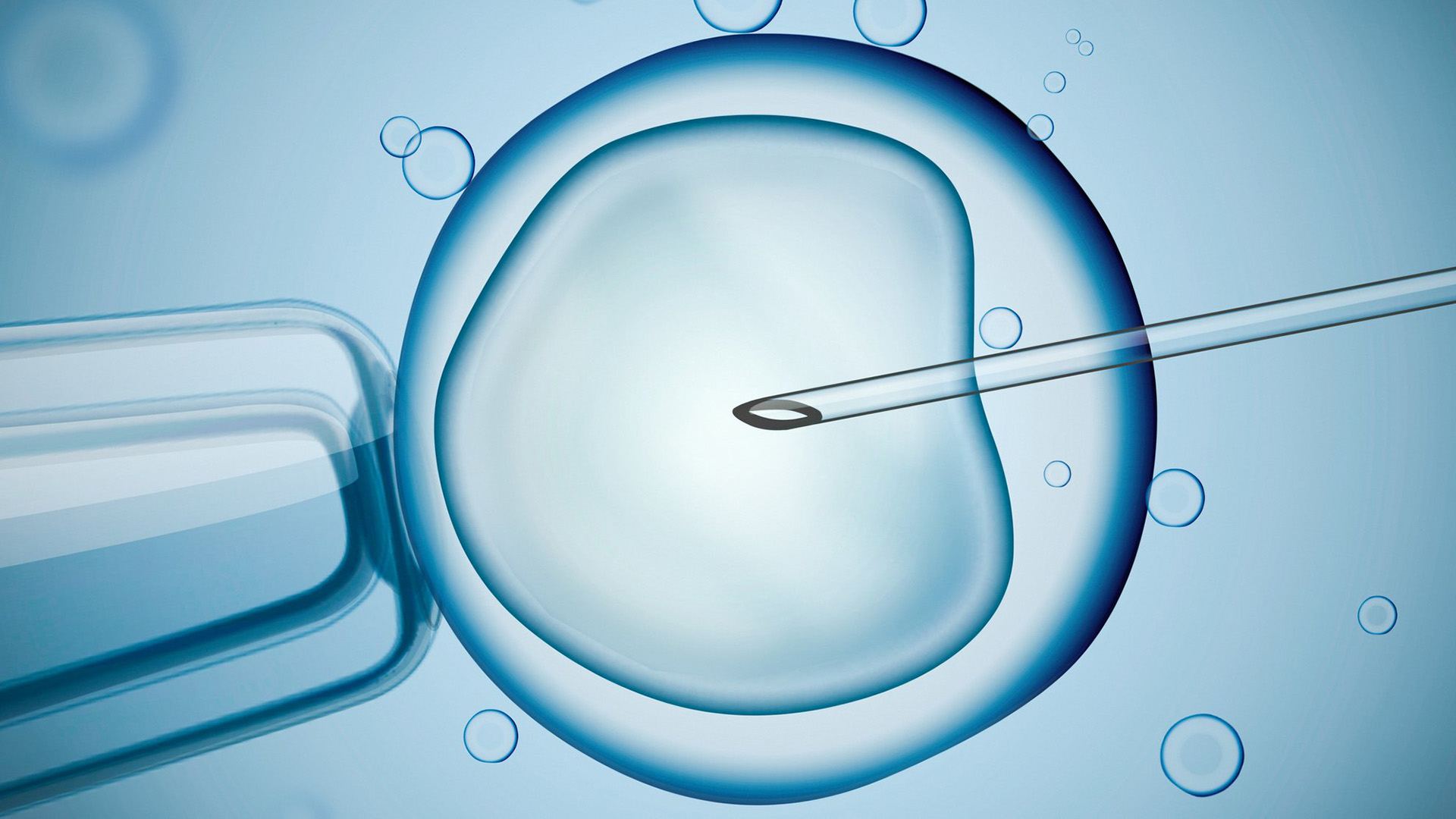An IVF Embryo Test Aims to Prevent Miscarriages: Is It Worth It?
By Laura Hercher,
Scientific American
| 06. 01. 2022
In clinics today, fertility patients using in vitro fertilization (IVF) are routinely advised to pay for an expensive supplemental test called preimplantation genetic testing for aneuploidy (PGT-A), in which a handful of cells are removed from the embryo to examine their DNA. For those who can afford it, PGT-A is popular because it can flag genetic abnormalities that increase the odds that a pregnancy, should it occur, will end in miscarriage.
Pervasive use of the test has also generated controversy. The authors of an April 2022 study in Human Reproduction have sparked debate and alarmed prospective parents by suggesting that many clinics are too quick to discard embryos based on PGT-A and are ignoring a growing body of evidence that some of these embryos are capable of producing a viable pregnancy.
If all of a patient’s embryos are rejected based on PGT-A results, they may lose their only chance at taking home a baby or be directed prematurely toward expensive alternative technologies such as donor eggs that would deprive them of a child genetically related to both parents. In a...
Related Articles
By Diaa Hadid and Shweta Desai, NPR | 01.29.2026
MUMBRA, India — The afternoon sun shines on the woman in a commuter-town café, highlighting her almond-shaped eyes and pale skin, a look often sought after by couples who need an egg to have a baby.
"I have good eggs,"...
By George Janes, BioNews | 01.12.2026
A heart attack patient has become the first person to be treated in a clinical trial of an experimental gene therapy, which aims to strengthen blood vessels after coronary bypass surgery.
Coronary artery bypass surgery is performed to treat...
By Staff, ScienceDaily | 01.05.2026
Scientists at UNSW Sydney have developed a new form of CRISPR technology that could make gene therapy safer while also resolving a decades-long debate about how genes are switched off. The research shows that small chemical markers attached to DNA
...
Following a long-standing CGS tradition, we present a selection of our favorite Biopolitical Times posts of the past year.
In 2025, we published up to four posts every month, written by 12 authors (staff, consultants and allies), some in collaboration and one simply credited to CGS.
These titles are presented in chronological order, except for three In Memoriam notices, which follow. Many more posts that are worth your time can be found in the archive. Scroll down and “VIEW...




